To provide the best experiences, we use technologies like cookies to store and/or access device information. Consenting to these technologies will allow us to process data such as browsing behaviour or unique IDs on this site. Not consenting or withdrawing consent, may adversely affect certain features and functions.
The technical storage or access is strictly necessary for the legitimate purpose of enabling the use of a specific service explicitly requested by the subscriber or user, or for the sole purpose of carrying out the transmission of a communication over an electronic communications network.
The technical storage or access is necessary for the legitimate purpose of storing preferences that are not requested by the subscriber or user.
The technical storage or access that is used exclusively for statistical purposes.
The technical storage or access that is used exclusively for anonymous statistical purposes. Without a subpoena, voluntary compliance on the part of your Internet Service Provider, or additional records from a third party, information stored or retrieved for this purpose alone cannot usually be used to identify you.
The technical storage or access is required to create user profiles to send advertising, or to track the user on a website or across several websites for similar marketing purposes.
 Almost four in 10 workers (38 percent) do not feel secure in their jobs, as lay-offs across industries continue to bite, claimsthe ADP Research Institute’s People at Work 2023: A Global Workforce View. Feelings of job insecurity are highest among the young. According to the survey of over 32,000 workers in 17 countries, half (50 percent) of Gen Z (those in the 18–24-year-old age bracket) say they don’t feel secure in their job. This is double the proportion of over 55s who say the same (24 percent). (more…)
Almost four in 10 workers (38 percent) do not feel secure in their jobs, as lay-offs across industries continue to bite, claimsthe ADP Research Institute’s People at Work 2023: A Global Workforce View. Feelings of job insecurity are highest among the young. According to the survey of over 32,000 workers in 17 countries, half (50 percent) of Gen Z (those in the 18–24-year-old age bracket) say they don’t feel secure in their job. This is double the proportion of over 55s who say the same (24 percent). (more…)






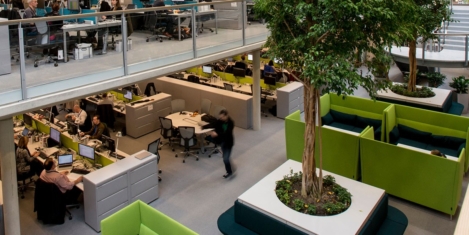
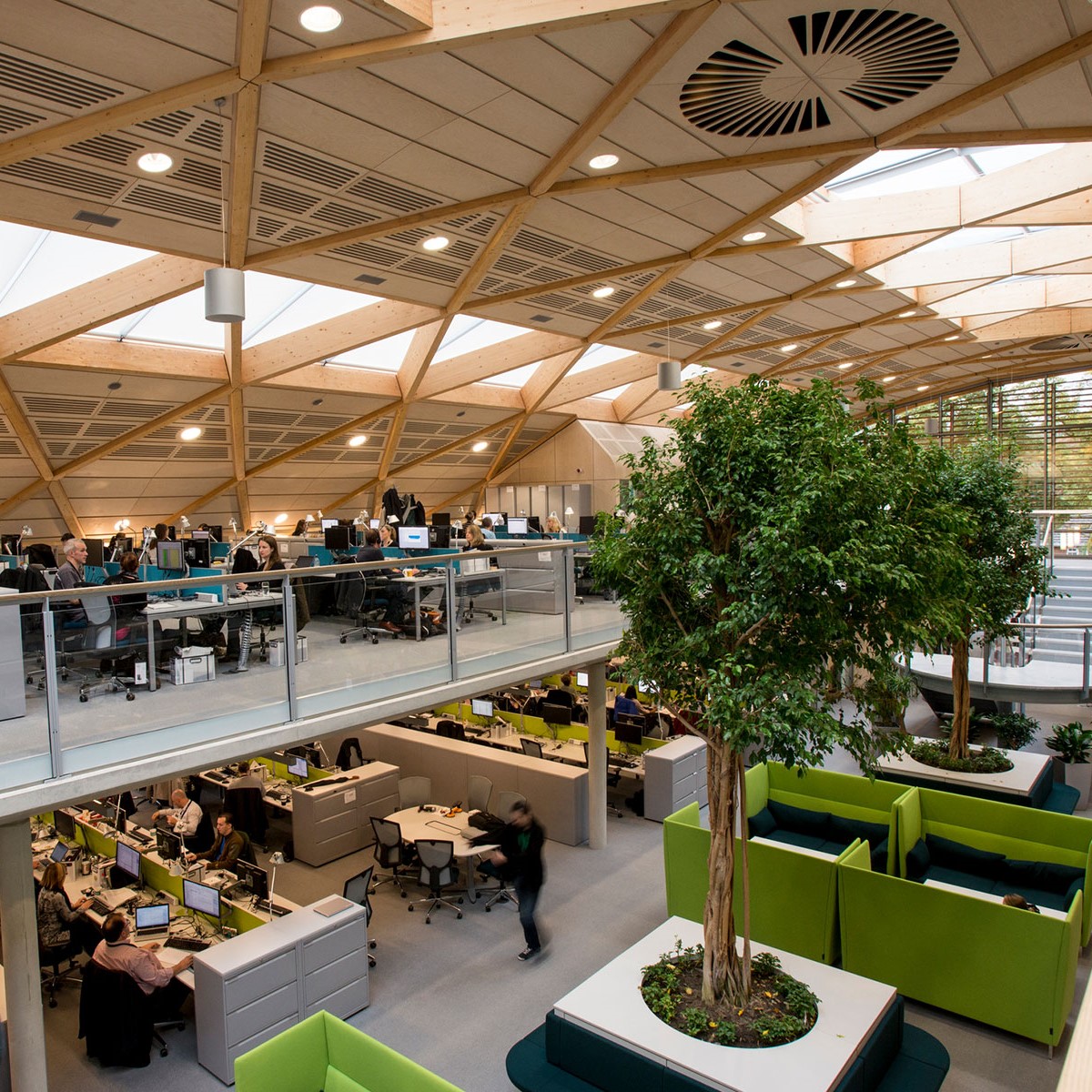



 A recent survey conducted among LABS members shows that the physical office space still has a valuable place in the mindset of how they want to work. More than seven in ten of those questioned said the office is a strategic device for their businesses, and more than 74 percent of members questioned use the office for two days or more per week.
A recent survey conducted among LABS members shows that the physical office space still has a valuable place in the mindset of how they want to work. More than seven in ten of those questioned said the office is a strategic device for their businesses, and more than 74 percent of members questioned use the office for two days or more per week.




 Have you ever had the feeling that some of your colleagues are working only for themselves, and are not true team players? If your answer is yes, then it is possible that you are working with a narcissist. Narcissists have a heightened sense of what they are entitled to and have a constant need for attention and admiration. They are arrogant and see themselves as superior to others.
Have you ever had the feeling that some of your colleagues are working only for themselves, and are not true team players? If your answer is yes, then it is possible that you are working with a narcissist. Narcissists have a heightened sense of what they are entitled to and have a constant need for attention and admiration. They are arrogant and see themselves as superior to others. 



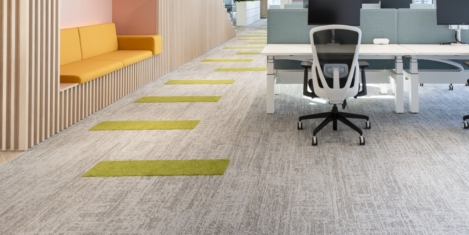
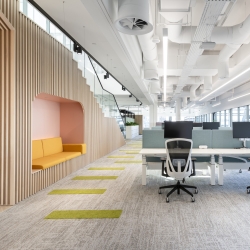
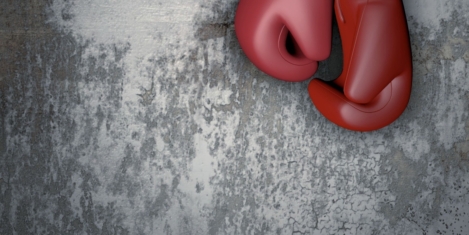










June 23, 2023
Are workplace gyms and other perks out of step with hybrid working?
by Anthony Thompson • Comment, Wellbeing